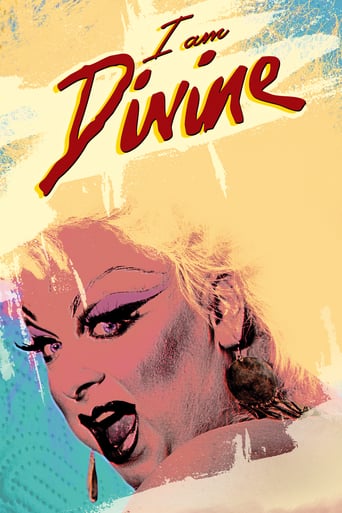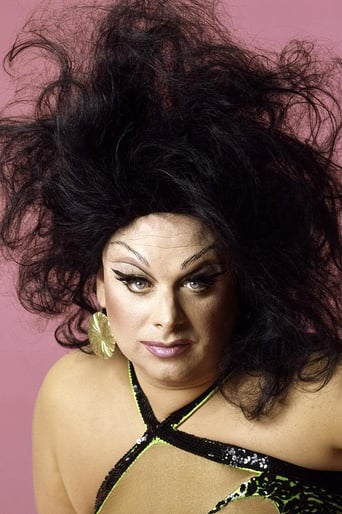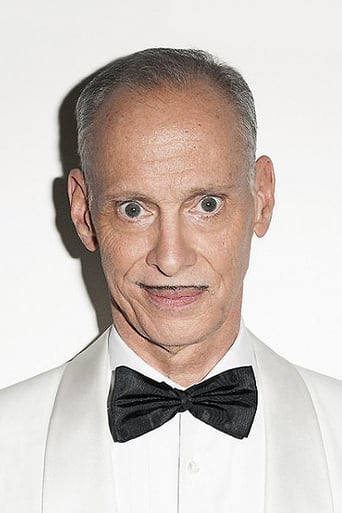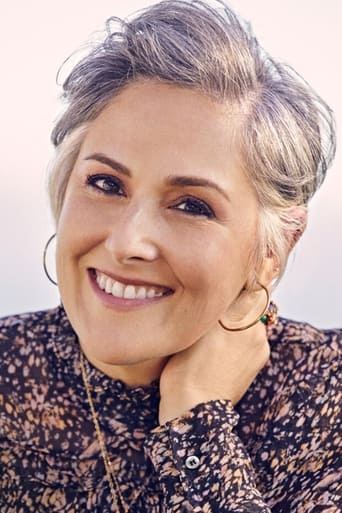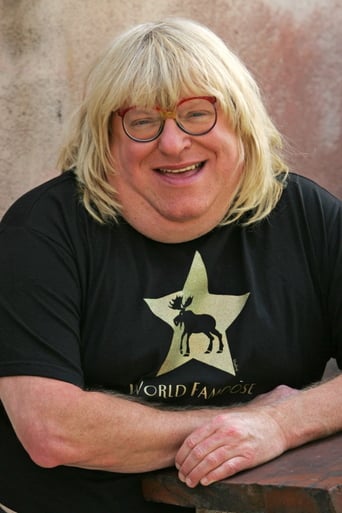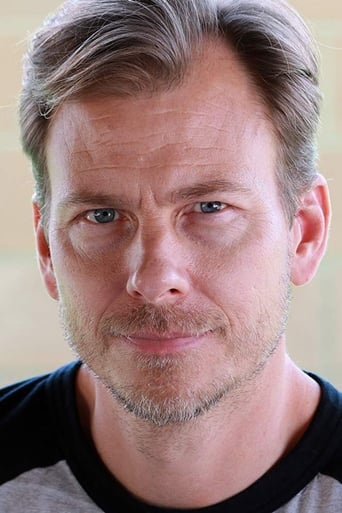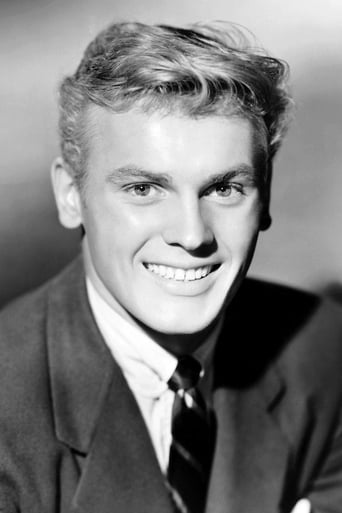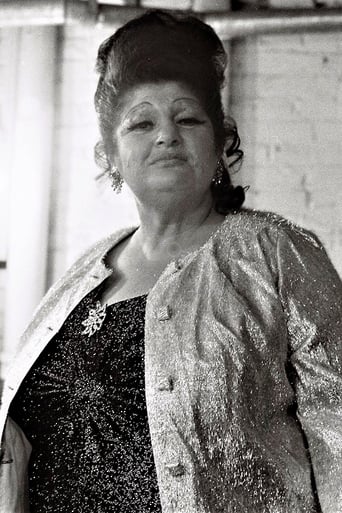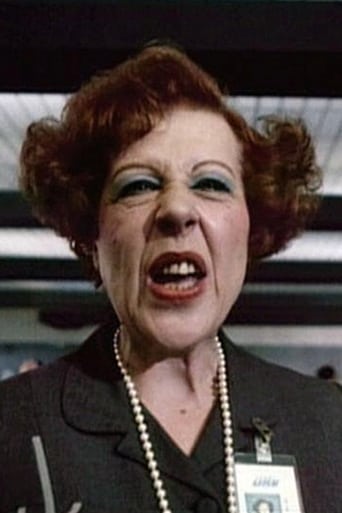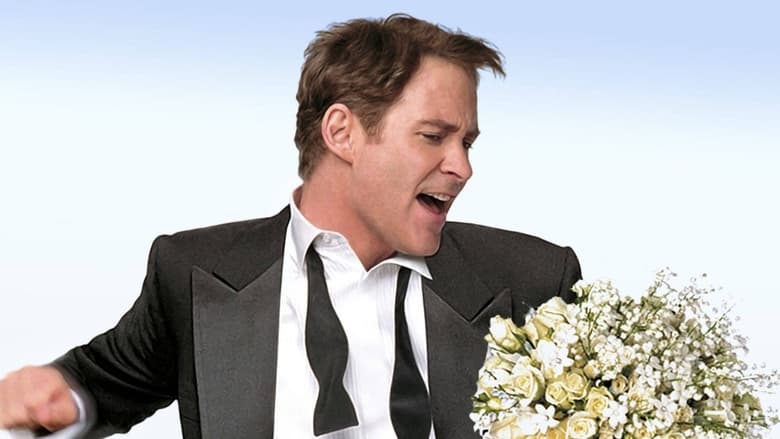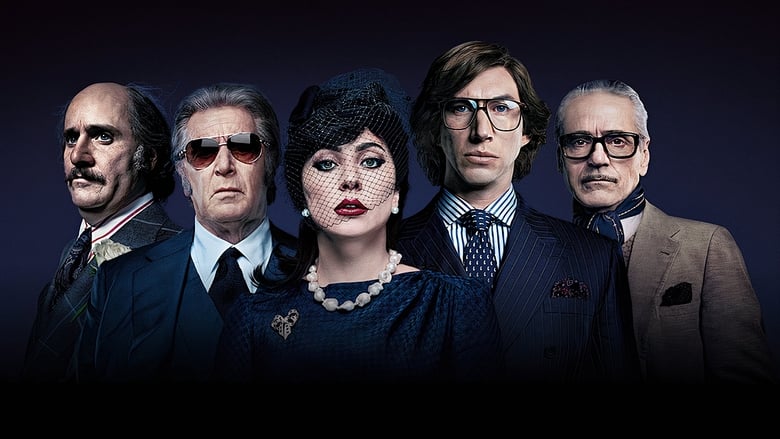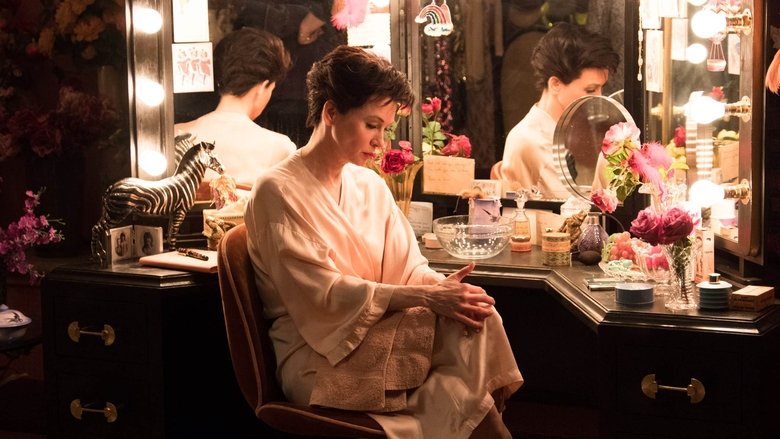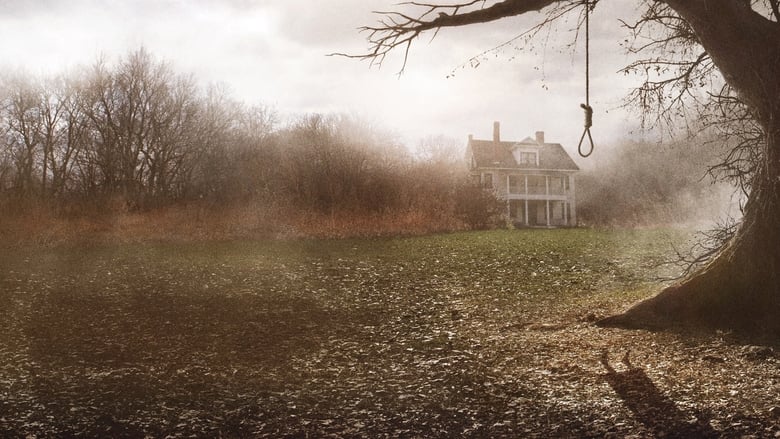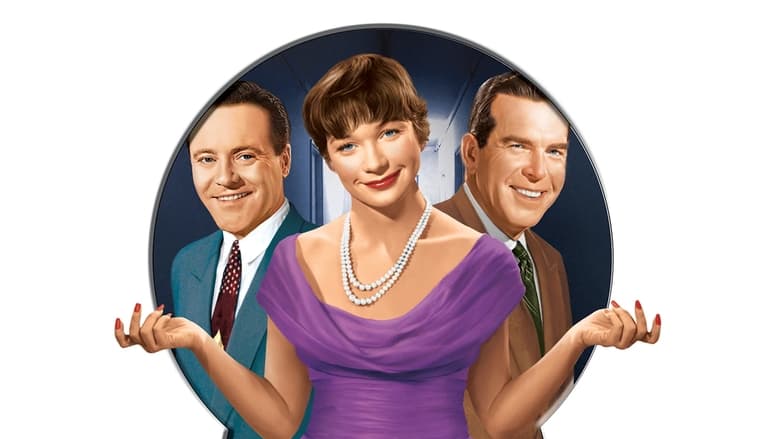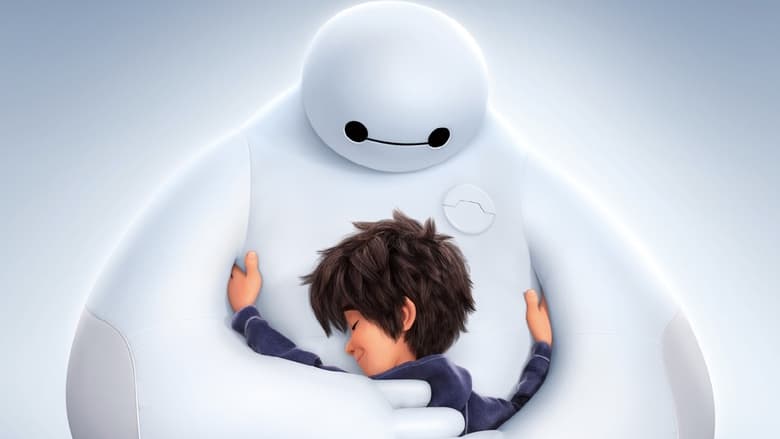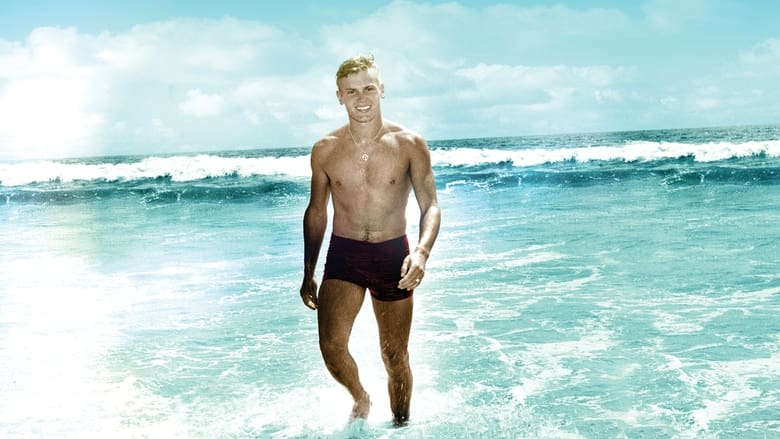Harris Glenn Milstead, aka Divine (1945-1988) was the ultimate outsider turned underground hero. Spitting in the face of the status quos of body image, gender identity, sexuality, and preconceived notions of beauty, Divine succeeded in becoming an internationally recognized icon, recording artist, and character actor of stage and screen. Glenn went from the often-mocked, schoolyard fat kid to underdog royalty, standing up for millions of gay men and women, drag queens and punk rockers, and countless other socially ostracized misfits and freaks. With a completely committed in-your-face style, he blurred the line between performer and personality, and revolutionized pop culture.


Similar titles
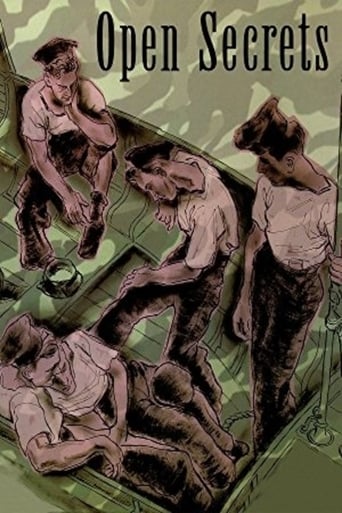
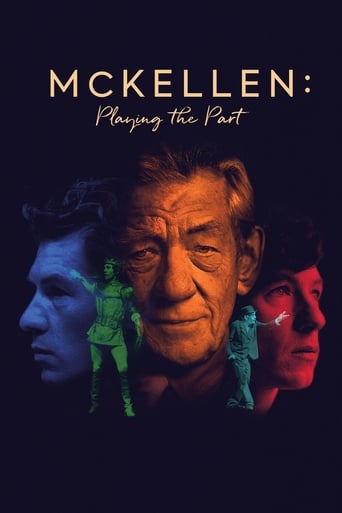
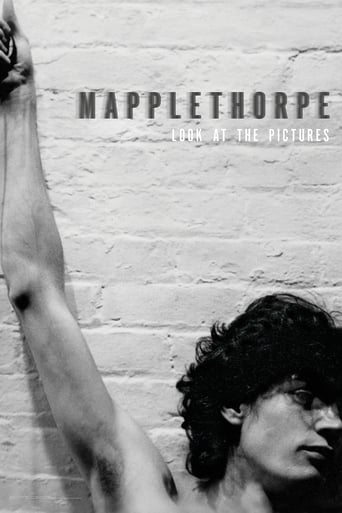
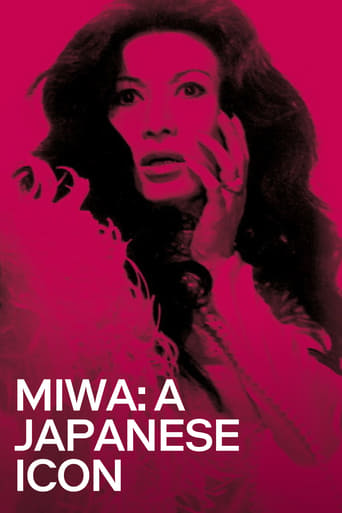
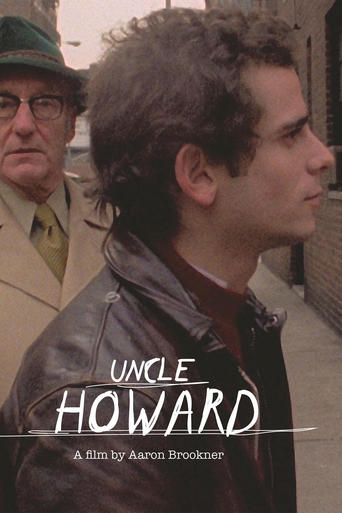
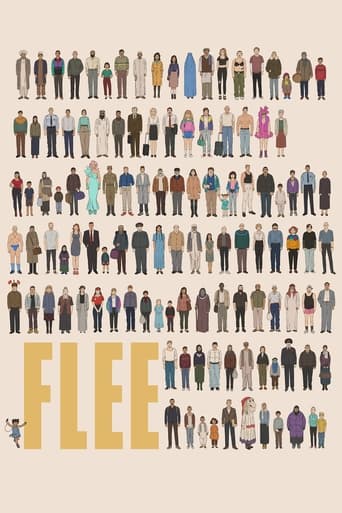

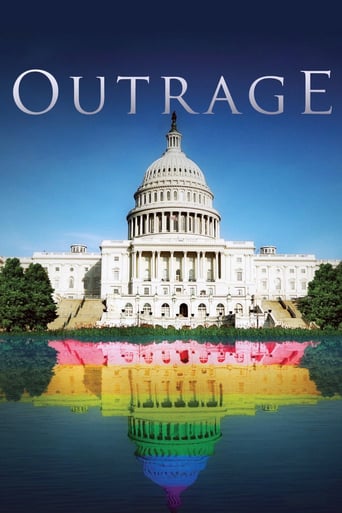
Reviews
This documentary seems to be more about how John Waters supposedly shaped the career of Divine, than about Divine herself. We see lots of talking heads from the Waters camp and their anecdotes about working and living with Divine. Waters himself comes across as a bit envious, taking digs at Divine, with that glib smug smirk of his. I don't think he ever got over the fact that Divine, made his career, and not vice versa. Surprisingly, Ricki Lake comes across as rather unpleasant when talking about Divine, too. Mink Stole expresses genuine kindness for Divine on a personal level (she's adorable). For good, or for bad, their interviews make it all the more obvious that the only true film star / pop icon amongst them was Divine.The film has a bit of television show feel about it. For my personal liking, there are too many clips from the Waters films, that Divine fans have probably seen a hundred times over. It takes up precious time that could have been dedicated to revealing something so far not seen or known about Divine. Everything is of course spiralling towards the "eat dog poo on camera" landmark moment. And of course, all credit for this "master stroke of genius" goes towards Waters (biased very much). I was very much expecting the singing career part of Divine to be elaborated upon, as to me it was her natural progression from her film work, where her Drag persona was further polished. But that part of her life is severely neglected in this documentary. In Europe, Divine is more so known for her music than her films. Her television performances on pop chart shows were on a par with some of the best of 80s music videos (dare I say far superior to the Waters movies). But there is not much evidence of that in this documentary. Probably there was only enough money to pay for the Waters camp to have a natter about the film years, and it's a wrap. Ready for the LGBT film festival circuit, and ready to be applauded by all the gullible fools who merely need an easy saccharine nostalgia fix. That's the unsatisfied feeling I was left with after watching it.
I remember, in the early 2000's, perusing through my uncle's eclectic, medium-sized DVD collection, looking at the fronts and backs of covers of films I probably shouldn't have been let within a foot of, wrapping my mind around films about slashers, serial killers, necrophiliacs, bum-fights, and, finally, barbaric cross-dressers. The cover that wound up burning itself in my retina was the one for the anniversary edition of John Waters' Pink Flamingos, showing what appeared to be a very homely woman dressed up in a red-colored dress, holding a pistol at arm's length with a load of makeup on, with Daily Variety quoting it as "one of the most vile, stupid, and repulsive films ever made." I had to watch this, but I was only eight-years-old at the time. Damn the NC-17 rating.When I finally grew a bit older, I watched it, and proceeded to write a review of it soon after, simultaneously condemning and praising its ability to go so far with one of the most shocking and asinine premises I had ever seen. To date, it's my favorite film by Waters, and it was largely watchable because of that person on the DVD cover, whom was the cross-dresser that went by the stage name of Divine. Born Harris Glenn Milstead, Divine was born in conjunction with the rise of trash filmmaker John Waters, who teamed up with him at a young age to make homemade films that explored and romanticized the idea of filth and exploitation. Waters cast Divine in numerous projects, with arguably his most famous being the aforementioned filth-fest Pink Flamingos and the inspiring, PG-rated musical Hairspray, both of which starred a crossdressing Milstead.Jeffrey Schwarz's I Am Divine provides us with a look at one of the most seriously passionate and awe-inspiring performers of the last century. Coming from a humble, conservative home in Baltimore, Maryland, Milstead was an overweight child, one who exercised more feminine traits than masculine ones, and, according to Waters, was constantly harassed, teased, and beaten up in school. However, when Milstead soon got out of that madness, he found incredible success with Waters in film and TV, making a name for himself as Divine, the cross-dressing, "cinematic terrorist," who was equal parts terrifying, sexy, and a commanding force on screen."I love everything that's bad about America" and that's what I make movies above," John Waters states in I Am Divine, and with that, we realize why Divine was such a great person to use for his movies. Divine had enough charisma and force to make an entire scene her own, with the loyal costume and makeup designer of Van Smith, who helped Divine make his makeup look spot on and the sets on John Waters' films look equally incredible. Smith wound up shaving a great deal of Divine's hair, up until about half way up his head because he felt that there was not enough room on the human face to fit as much makeup and glamor required to make him what he needed to go into character.The documentary dares to explore every part of not only Divine, which we learn was a character not a lifestyle, but also Milstead, who we learn struggled with weight issues all his life and was a constant over-eater. "If I don't eat it, someone else will," John Waters recalls Milstead saying one day when they were out to lunch. But he didn't feel like changing, nor did he feel like he should compromise things in his life if he was happy with them. What you saw was what you got with Divine and, if you didn't like it, "f*** you very much," was his tagline.Divine continued to act and star in numerous projects, some directed by John Waters and some not, even forming relationships with several actors, including Tab Hunter, whom he worked with on Waters' Polyester before joining forces on Paul Bartel's Lust in the Dust later in his career. However, one of Divine's biggest breaks, aside from the constant one-woman-shows, concerts, plays, and performances, came in the form of Hairspray, which went on to be one of the biggest musicals of all time, where Divine worked alongside Ricki Lake as a mother/daughter duo. Lake comments that Divine eventually grew to become like her mother, and upon release, the film was beautifully received by critics and was met with sold-out showings and insatiable demands for more screenings.Yet in the wake of all this happiness and glee, with the Divine character etching out of the gay/lesbian audience and trash-seeking cultists into a more mainstream audience, Milstead died from an enormous heart attack shortly after Hairspray was released, unable to read many of the great reviews of the film, which would come later in the film's theatrical and home video run. His untimely death even cut short his ability to play the uncle character on the forthcoming FOX sitcom Married... With Children, which could've helped Milstead branch out to a form of comedy without having to put on a dress and an hour's worth of makeup. The entire circumstance was deeply unfortunate, but also a result of a poor diet investment and a workaholic attitude, which Milstead fearlessly kept until his final night.I Am Divine tags all these bases in a winning ninety-minutes, effectively establishing a character and a cinematic force that still finds himself far too unrecognized in a mainstream sense. From hitting personal bases, such as Milstead's longstanding conflict and estrangement from his parents to more openly public things, like his filmography and performing art talents, the film is a captivating portrait of one of cinema's most anarchic and liberating stars.Directed by: Jeffrey Schwarz.
16 FEB 1988, Baltimore Maryland, at the Senator theatre, was the premiere of "Hairspray" and a simultaneous AIDS benefit. John Waters and Harris, Glen, Milstead sans his alter ego, "Divine," were the star attendees supported by many A-list celebs as well. This is a good place to start a documentary of the rich, stormy, sexy, and wild history of Divine. It was also considered a turning point as well as legitimizing a John Waters production by the "so-called" mainstream Hollywood standards. It's been a long road for the both of them who first met at 17 years old, doing a variety of independent, and counter culture projects. They didn't start out with dreams of big movie making deals rather, their efforts were purely for their own circle of influence. Only later, when friends and others liked these efforts, did this hobby develop into "Dreamland," an official production company. Further flashbacks reveals Glen's life as a not quite "out of the closet" gay child growing up in an uber-homophobic, late 50's East Coast Baltimore suburbia. At school, he suffered brutal bullying. He tried to fit in with a dress code that evidently didn't fool a rather sophisticated Gaydar in this otherwise Ozzie and Harriet utopia. He even had a girlfriend who still remembers him fondly. Glen had a loving mother, supportive in some aspects, recognized Glen's love of pretty things, style, and fashion. The family was affluent enough to get young Glen his own hair salon. He was the most sought out hair stylist in the neighborhood. Thru overheard gossip of customers, his mother had further evidence of Glen's true id. However, she chose to bury her head in the sand about his orientation. After deciding to make his orientation official, as well as his vices, mother and child parted ways. Now Glen was fully engaged with his film projects and new life. It was Glen's brutal treatment that would serve John Waters and Glen well as the two went forward. John tapped into Glen's traumatic past and channeled the best and worst Divine had to offer. "Making lemonade from lemons" is always a mark of real genius. Divine became an underground Goddess with a body of work that included quite of few music albums. This was beyond the Waters/Glen partnership. Not because of any ill feelings, John just couldn't make a film every year to keep up with the growing demand for Divine. In fact John expressed his happiness for his friend's opportunities. Glen proved his versatility when he went mainstream as himself in 1985's "Trouble in Mind" with Kris Kristofferson. Able to play both female and male parts, he went back to drag in 1988's "Hairspray." Now established in two different cultures, he was set to play a male role in "Married with Children." However, he died the night before he was to begin work. He and his mother had fully reconciled just before this. She and others have good and bad memories but all loved him greatly. These basics and greater details are told by excellent interviews with equally great stock footage denoting a well-researched and complete documentary. Years ago I was never a hardcore Divine fan. Not because I disliked him. I just didn't venture down the path of counter culture. I vaguely recall glimpses and was somewhat interested. Then thanks to tremendously more age, slightly less ignorance, and Frys Electronics' vast DVD and Blu-Ray inventory, I recently got "Pink Flamingos." I became a fan instantly appreciating the counter-culture scope of Divine's performance. I appreciated the risks he and John Waters took considering a somewhat conservative time. Every one of the cast's performance was way ahead of society's acceptable norms as well. I enjoyed it enough to watch all the "behind the scenes" additional commentary provided by John Waters. Now enlightened, I put "Female Troubles," Polyester," "Lust in the Dust," "Trouble in Mind," and "Hairspray" on my wish list. I'm glad I didn't get them yet because my palate is better prepared and cleansed now to enjoy these features with this documentary. In fact, if you haven't seen these previous John Waters/Divine projects, I'm strongly suggesting this documentary as a necessary precursor. That is, if you're the type of patron who feels that knowing an actor's bio can enhance this enjoyment so much more (or less).
What an amazing movie. It far exceeded my expectations and didn't descend into sentimentality. The film explores the highs and lows of one of the top icons of America's underbelly. Divine and John Waters met as teenagers and soon started making cult classics including Pink Flamingos and Mondo Trasho. As Divine -- sorry. spoiler alert -- died he was on the cusp of hitting the big-time. My only niggle about this laugh- out loud feel-good documentary was how much of the film focused on his eating. We know he was fat and we know he died of a heart attack ahead of his time. Sometimes though the film veered off the celebration of a man who was a beacon for all outsiders and an under-rated actor and verged on ridiculing its subject. Despite that, this is a great film. It had the audience entranced and laughing from the start it was informative for all but the most dedicated Divine devotee. I'm ready to pre order the DVD now.
